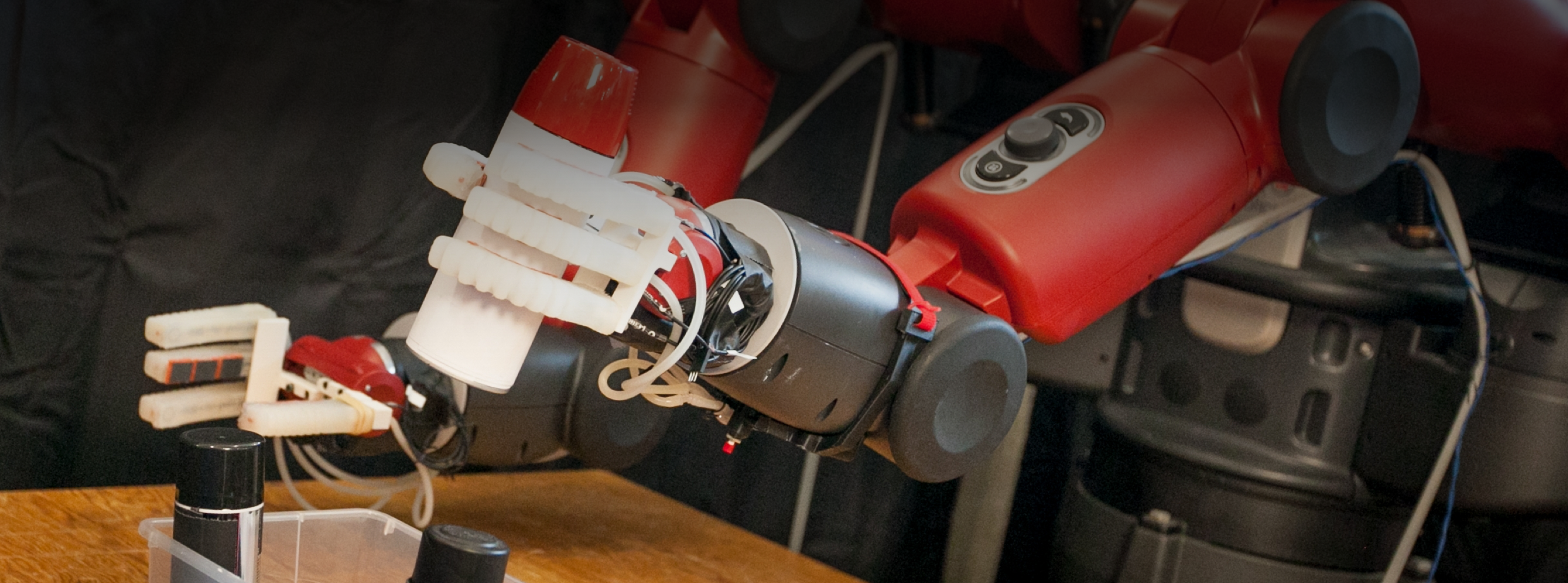WRITTEN BY: Matt Busekroos
Irene Chen began her academic career as an undergraduate student at Harvard with an AB in applied math with an area of application on computer science and economics. She tried classes from all different fields: applied math, theoretical math, computer science, economics, psychology, Chinese, and even folklore and mythology.
Chen took advantage of the many graduate classes available and ended up with a joint AB/SM degree with her SM in computational engineering.
After completing her undergraduate degree, Chen worked at Dropbox for two years. Given the company’s rapid growth, Chen tried many roles there including data scientist, chief of staff, and machine learning engineer. Through all of those job experiences, Chen realized that she wanted to dive deeper into research, which brought her to MIT and CSAIL.
Chen currently works with Professor David Sontag and the Clinical Machine Learning Group. She said the Clinical Machine Learning Group seeks to advance machine learning and artificial intelligence and use these techniques to advance healthcare.
“I'm always thrilled with the range of creativity and dedication from our group in solving big problems, from detecting and addressing algorithmic bias to fighting antibiotic resistance to developing a smarter electronic health records system,” Chen said. “It's super cheesy to say, but the people in the group have truly shaped my PhD experience, and that's my best advice for people starting the PhD program: surround yourself with the right people (kind, supportive, collaborative, hardworking). In the pandemic, we've been able to stay in close collaboration with regular smaller standup check-ins, remote reading groups, and virtual game nights, but I'm very much looking forward to seeing them in person soon.”
Chen said machine learning has an opportunity to fundamentally change medicine. As large medical datasets become increasingly available, it's become clear they can leverage recent developments in machine learning to further advance healthcare, according to Chen.
“As researchers have dug deeper, we've discovered cases where classic machine learning is insufficient,” she said. “For example, a lot of my work has looked at algorithmic bias, where machine learning on observational datasets can magnify existing health inequities. The goal is that we can develop novel machine learning methods to address the difficulties that clinical healthcare introduces in order to improve clinical care.”
Chen said it's been important to bridge her computational interests with her compulsion to keep improving the world around us. She said she loves math and reading research papers, but also enjoys hearing about how people live their lives, and how machine learning tools can be used to make a difference.
Chen recently wrote a review article about ethical machine learning for healthcare. Chen said she is proud about how they broke down the machine learning pipeline and described how an ethical lens can be applied each step of the way, from problem definition all the way to post-deployment considerations.
Following her time at CSAIL, Chen said she would like to remain in academia and become a professor. She said there's no better job than working in academia because of the research freedom and collaborations. She added that she would be most interested in an interdisciplinary role where her research interests in machine learning, medicine, and ethics can be most impactful.

